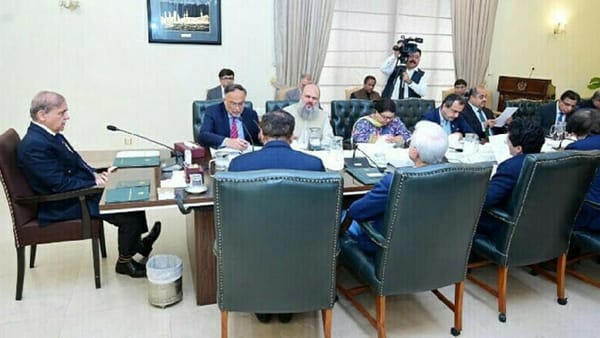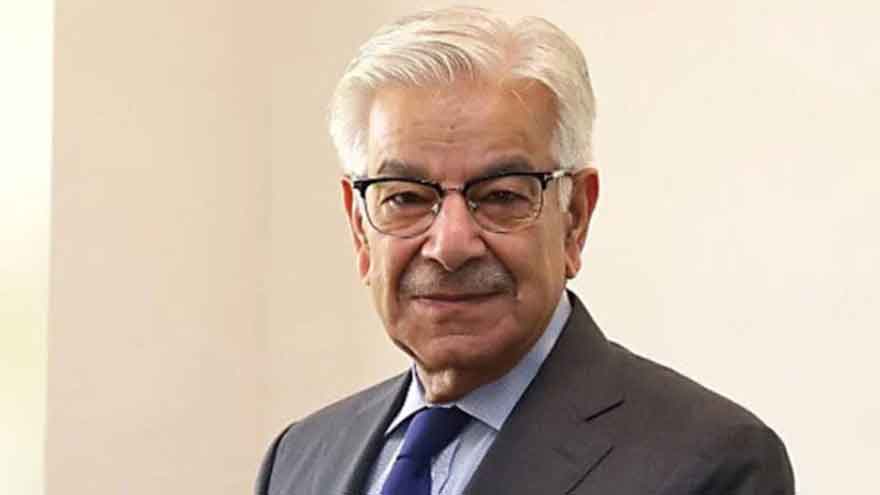Judicial independence at risk from case withdrawals, remarks Justice Mansoor

Supreme Court’s Justice Mansoor Ali Shah has raised concerns over the implications of withdrawing cases from judicial benches, suggesting it would undermine judicial independence.
Referring to recent developments, he questioned whether committees can withdraw cases if it appears that a decision might go against the government.
Justice Mansoor made these remarks during a contempt of court hearing led by a two-member bench he headed.
The case arose after the Registrar of the Supreme Court failed to schedule a hearing for a matter related to bench powers despite a judicial order.
At the start of the hearing, the judges questioned the Registrar on why the case was not scheduled as directed. The Registrar explained that the matter, initially meant for a constitutional bench, had been mistakenly assigned to a regular bench.
Justice Aqeel Abbasi expressed scepticism, asking why the error was only realised now and whether his inclusion in the bench was the real issue since he had previously heard the matter in the high court.
Justice Mansoor further inquired about the role of the Practice and Procedure Committee in this matter, asking if it convened independently or acted upon a request.
The Registrar admitted to sending a note to the committee, prompting Justice Mansoor to demand a copy of it. Upon review, the note contradicted the Registrar’s earlier statements.
Justice Mansoor pointed out that the note did not acknowledge any error but instead suggested forming a new bench based on an order issued on January 16, which already specified the bench for the case.
The Registrar explained that the Practice and Procedure Committee had referred the case to a constitutional bench, which reviewed relevant amendments and scheduled cases accordingly.
However, Justice Mansoor emphasised that once a case is with a judicial bench, the committee’s involvement ends.
Allowing committees to withdraw active cases undermines judicial independence. He questioned whether cases could be withdrawn simply because decisions might not favour the government.
Justice Aqeel added that scheduling the constitutional amendment case had been delayed until the matter came to their bench. He questioned the urgency to withdraw cases, especially when no constitutional review was required in related tax matters.
Justice Mansoor disclosed that on January 17, two committee meetings occurred—one regular and another under Article 191-A(4). He noted his absence from the former, deeming his participation inappropriate given the judicial order. He asserted that an administrative decision cannot override a judicial order.
The senior judge highlighted that judicial orders are binding and asked the Registrar to clarify whether the judges’ committee had issued any orders permitting case withdrawal from a judicial bench.
He remarked that such actions jeopardise judicial independence, referencing the Registrar’s tenure at the Peshawar High Court to underline his awareness of these matters.
The Registrar countered, stating that the Practice and Procedure Law is an act of Parliament, granting the committee authority to withdraw cases.
Justice Mansoor warned that such precedents risk eroding trust in judicial processes, allowing case withdrawals to pre-empt unfavourable outcomes.
In light of these complexities, the Supreme Court has appointed senior advocates Hamid Khan and Munir A Malik as amicus curiae to assist the court.
The bench has also requested input on whether the judges’ committee can alter judicial bench allocations despite existing orders.
The Additional Attorney General, Aamir Rehman, argued that the court cannot frame such questions within contempt proceedings.
Justice Mansoor assured him that his arguments would be heard in detail.
The hearing on the judicial bench powers case has been adjourned until tomorrow.




